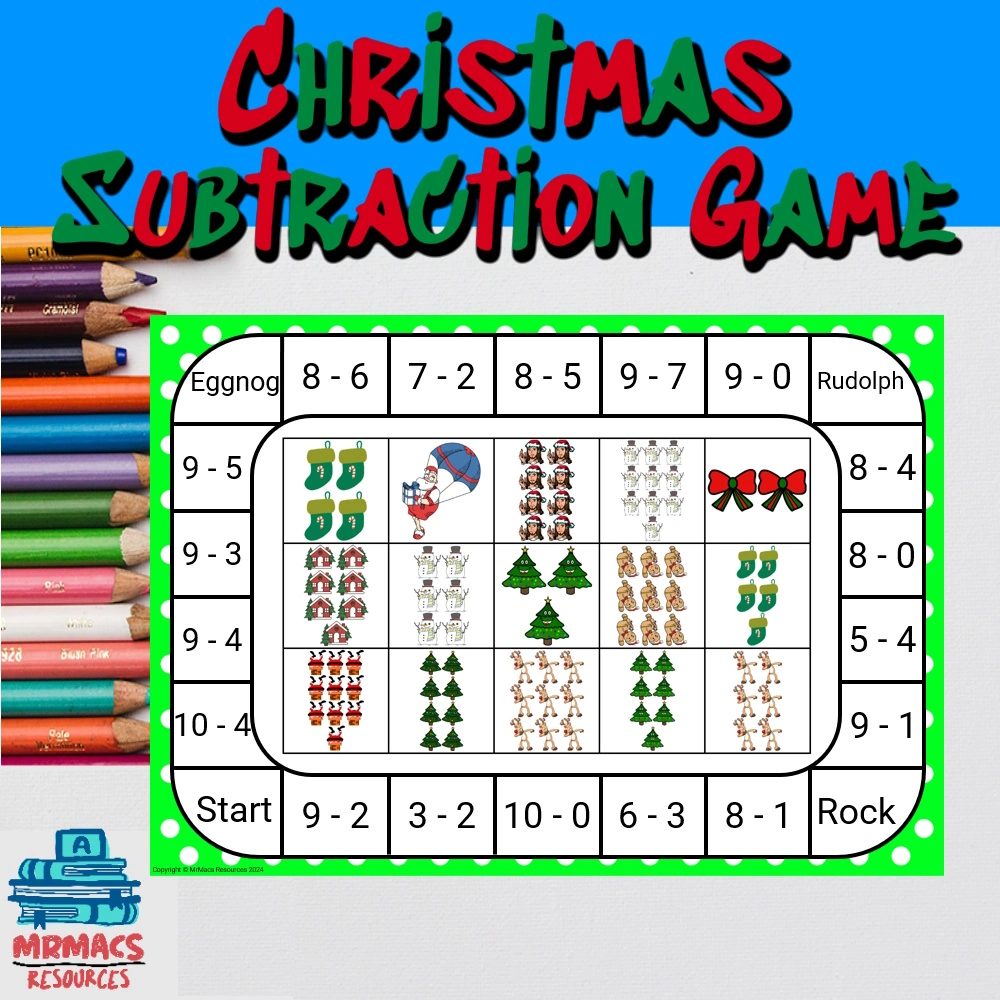
Starting your first year of teaching is exciting but can quickly feel overwhelming. For example, you will face lesson planning, managing your classroom, and adapting to unexpected challenges. The most important thing to know is that you can’t do everything at once, so prioritising what matters most will help you stay focused and effective.
What is more, you will learn that building strong relationships with students and colleagues is just as important as teaching content. How you make students feel often has a bigger impact than the facts you teach. Also, taking care of yourself and finding a sustainable work routine early on will keep you going through tough days.
Furthermore, expect your first year to be full of learning, both about teaching and yourself. It’s normal to not have all the answers straight away, but knowing what to focus on can make your journey smoother. This advice will help you create a positive classroom experience and set a solid foundation for your career.
Lessons Every New Teacher Should Know
Starting your first year of teaching means facing many new challenges. You will learn how to handle daily classroom tasks, focus on steady progress instead of perfection, and connect with students in meaningful ways. These skills will help you create a positive learning environment and grow as an educator.
First Year Teaching - Understanding Classroom Realities
Your first year will show you that no day goes exactly as planned. Students have different needs, and unexpected situations arise often. Being flexible helps you stay calm when lessons don’t go as expected.
Managing behaviour is one of the hardest parts. Setting clear rules from the start gives you control and helps students understand what you expect. Remember, it’s normal to adjust your classroom routines as you learn what works best for your students.
Remember, you don’t have to do everything perfectly. Many new teachers find that trial and error is part of the process. Use feedback from students and mentors to improve step by step.
Importance of Consistency Over Perfection
Trying to make every lesson perfect can quickly wear you out. Instead, focus on being consistent with your routines and expectations. Consistency builds trust and security for both you and your students.
When something doesn’t work, don’t see it as a failure. Use it as a chance to practise and improve. For example, having regular classroom procedures helps reduce chaos and keeps students focused.
You also need to balance your time to avoid burnout. Set limits on how much work you take home. Remember, saying no and asking for help are signs of strength, not weakness.
First Year Teaching - Building Genuine Student Relationships
Getting to know your students can make teaching much easier. When students feel you care about them, they are more likely to listen and try their best. Take time to learn about their interests and challenges.
Showing respect and kindness builds trust. For example, greeting students at the door or checking in on how they are doing helps create a welcoming atmosphere.
Involve students in classroom tasks, like helping to tidy or organising materials. This gives them responsibility and shows you value their contribution.
Moreover, strong relationships with students also help you manage behaviour better and build a positive classroom culture.
Essential Classroom Management Strategies for Your First Year Teaching
Good classroom management starts with clear plans and a supportive environment. You will need to set firm rules, create a space where students feel safe, and handle problems in ways that teach and respect everyone. Furthermore, these steps help make your classroom run smoothly and keep students focused on learning.
Establishing Routines and Expectations
From day one, you should set clear routines that show students what to expect. Tell them how to enter the room, where to put their bags, and what to do during lessons. Consistent routines save you time and reduce confusion.
Be specific about your expectations for behaviour, work, and how students should treat each other. Use simple language and repeat these rules often. It’s also helpful to practise routines with your students until they feel natural.
Likewise, you can use charts or lists displayed in the classroom as reminders. When students know what is expected, they are more likely to follow the rules without constant reminders.
Creating a Positive Classroom Culture
Your classroom should be a place where students feel respected and valued. Start by greeting students warmly and showing you care about their interests. This builds trust and encourages cooperation.
Furthermore, use positive language to praise effort and kindness. Make an effort to include everyone in activities and recognise achievements, big or small. When students feel safe and supported, learning becomes easier.
Try to keep your tone calm even when things get tough. A positive classroom culture helps reduce disruptions because students are motivated to keep the space friendly and respectful.
Addressing Challenging Behaviours with Empathy in Your First Year Teaching
When behaviour problems happen, it’s important to stay calm and listen first. Try to understand why the student is acting out. Sometimes, there are reasons you might not see right away.
Use clear, firm instructions to guide the student back on track without shouting or making threats. Offer choices or ask questions to involve the student in fixing the problem.
Remember, your goal is not just to stop poor behaviour but to help students learn better ways to behave. Showing empathy helps build respect and encourages students to improve over time.
Support Systems and Professional Growth

Starting your first year teaching can be overwhelming, but having strong support and focusing on your growth can make a big difference. Building connections, learning from others, and looking after your own well-being all play key roles in helping you succeed in the classroom.
Collaborating with Colleagues and Mentors
Working closely with other teachers helps you gain practical tips and share ideas. Seek out experienced colleagues who can offer advice on lesson planning and classroom management. Don’t hesitate to ask questions; most teachers are happy to help.
Building good relationships with office staff and support workers also matters. These people often know what’s happening in the school and can assist in many ways. Ultimately, having a friendly team around you creates a positive environment and can make your days less stressful.
Seeking Feedback and Continuing Learning During your First Year Teaching
Actively ask for feedback on your teaching. This helps you discover what works well and areas to improve. Look for opportunities such as peer observations or professional development sessions to build your skills.
To add, use digital resources like webinars, podcasts, or online courses to keep learning. Setting your own learning goals lets you focus on areas that matter most to you. Remember, growing as a teacher happens gradually, so be patient with yourself.
Prioritising Well-being and Self-Care
Remember, teaching can be demanding, especially in your first year. It’s important to set limits to avoid burnout. Give yourself permission to take breaks during the day, including quick bathroom or mindfulness moments.
Moreover, keep balance by leaving some work at school and making time for hobbies or relaxation at home. Prioritising your well-being is not a luxury—it helps you stay effective, calm, and ready for each day’s challenges.
Conclusion
In conclusion, your first year teaching is filled with both challenges and opportunities, yet it becomes more manageable with the right mindset and strategies.
Moreover, learning to set boundaries, seek support, and celebrate small wins can make a significant difference in building confidence.
In addition, embracing flexibility and viewing mistakes as growth opportunities helps new educators thrive rather than just survive.
Ultimately, by reflecting on lessons learned and applying practical advice, teachers can lay a strong foundation for long-term success in their careers.
What do you think—what advice would you share with someone starting their very first year in the classroom?
About The Author

Hi! My name is Mr Mac. I am a K – 6 teacher. I love to create resources for teachers to make their teaching lives easier.



